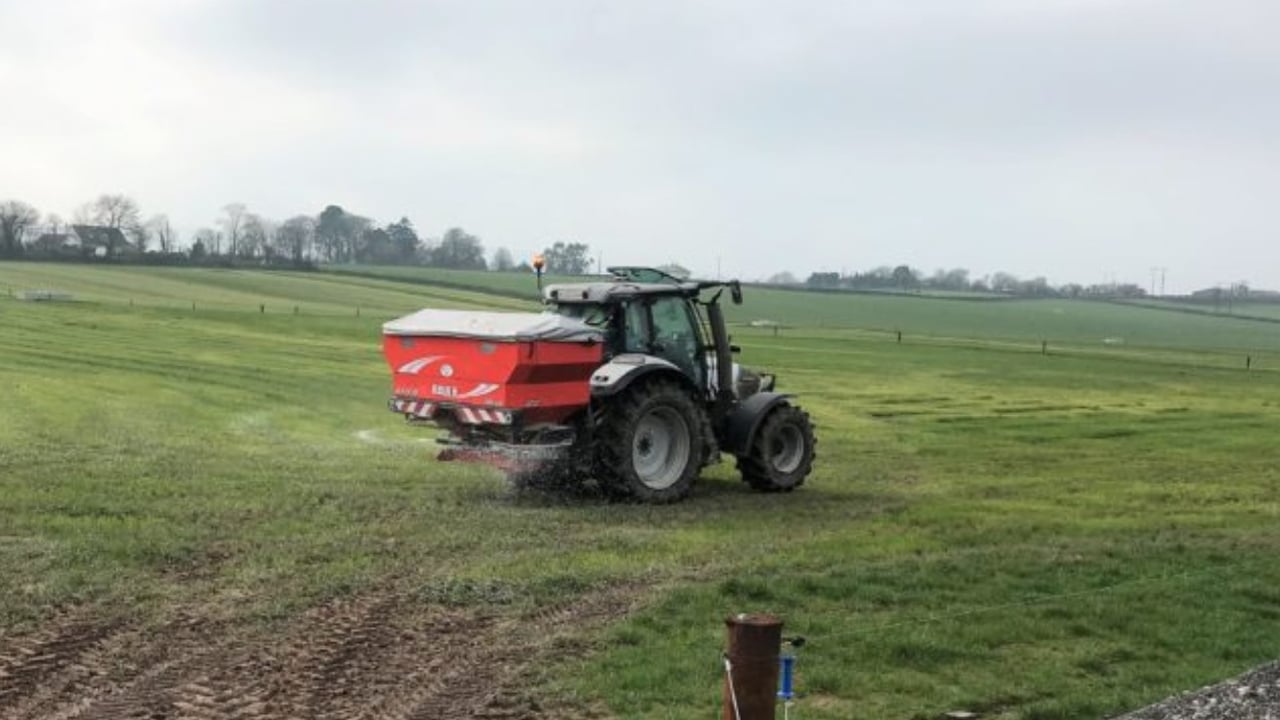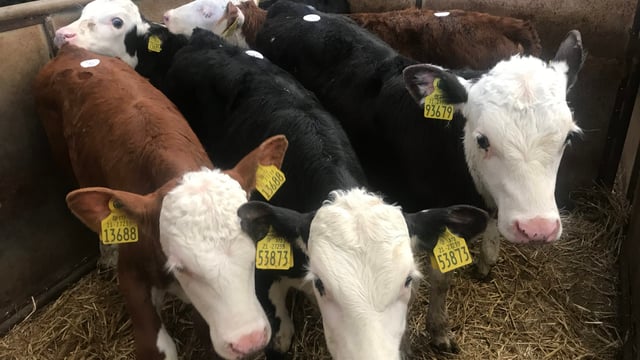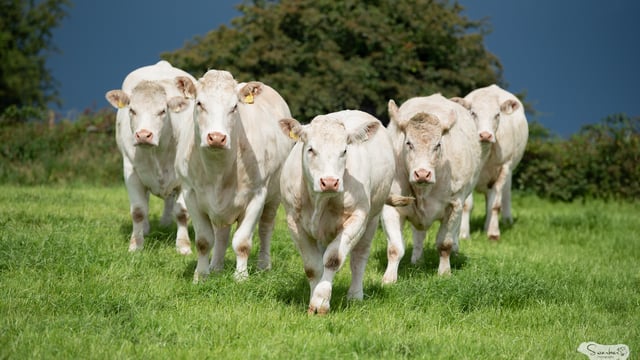Fertiliser and feed loans set a 'very worrying precedent' - TD
Farmers that have to take out loans to cover the current high costs of fertiliser and feed is setting a "very worrying precedent", according to a TD.
Michael Healy-Rae said that fertiliser and feed are "two of the most basic and important ingredients that we need in farming".
The independent TD said that the main farm input costs, including electricity, have been increasing but the prices paid to farmers have not.
"If you have a system and it requires so many tonnes of fertiliser, you have to go away and buy that and this is why we are married to paying the price that is dictated to us.
The Kerry independent TD said that politicians must lobby on behalf of the farmers.
"We have to fight to ensure that farmers are not being robbed, because I feel that they are being robbed," he said.
Healy-Rae said that farmers need to be assured of fertiliser supplies which should be available at an affordable price.
The TD told Agriland that he was very concerned that farmers would need to take out loans to cover the current high cost of fertiliser and feed bills.
Healy-Rae compared it to a person needing to take out a loan to pay for the weekly household shopping.
"I don't want to see that type of a situation arising, because to me it would be a very worrying precedent.
"If the people who were there before us were to come back and hear that type of a story they would ask what has gone wrong in Ireland today," Healy-Rae said.
Meanwhile, in response to a parliamentary question from the Kerry TD, it was revealed that over 1.5 million tonnes of chemical fertiliser was imported into Ireland during the first 11 months of 2021.
In 2020, more than 1.78 million tonnes of chemical fertiliser was brought into the country, while during the previous 12 months the figure stood at 1.58 million tonnes.
The Minister for Agriculture, Food and the Marine, Charlie McConalogue noted that imports of chemical fertilisers were cyclical in nature and depended on environmental conditions.
The minister said his department currently has "no visibility on imports for 2022".





